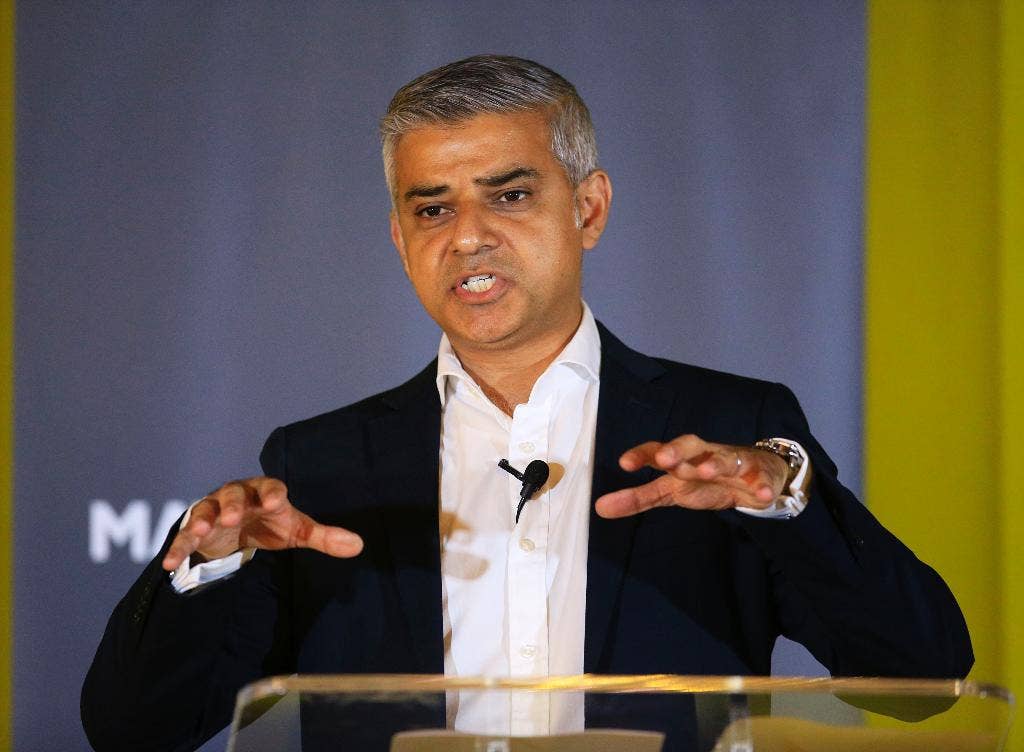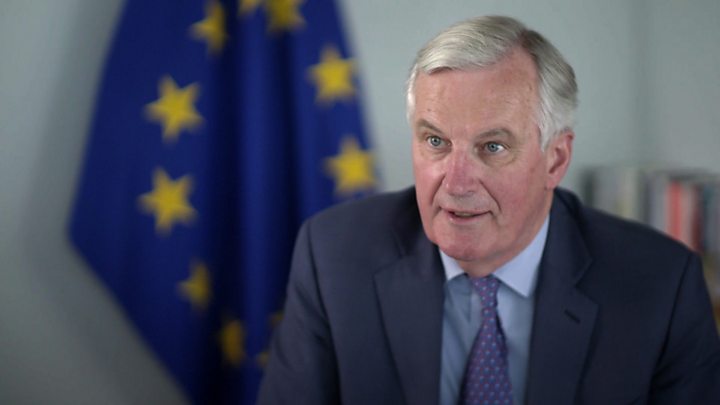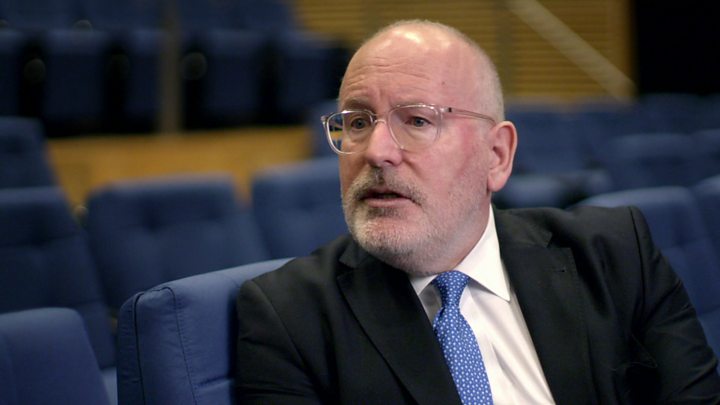
British parliamentarians dealt a blow on Thursday both to the dying embers of Prime Minister Theresa May's administration and to the likely next leader, Boris Johnson, even before he's been confirmed.
MPs defeated the government in a vote that should thwart any efforts to suspend parliament in order to push through a "no-deal" Brexit.
Parliament has repeatedly voted against allowing a "no-deal" withdrawal from the European Union, and the notion of suspending - or "proroguing" - the elected chamber had been mooted as the most likely way the next prime minister would be able to force the United Kingdom to crash out without a deal.
Such an eventuality, analysts say, would trigger a near-unprecedented consitutional crisis.
Johnson has made the UK's withdrawal on October 31 - "with or without a deal" - the central thrust of his campaign to become the next leader of the country's ruling Conservative Party, and has never ruled out the possibility of proroguing parliament in order to get his way.
"Many assume Boris Johnson will be the next British prime minister," said Al Jazeera's Jonah Hull, reporting from Westminster.
|
Tory leadership debate: Johnson edges closer to power |
"During his leadership campaign he has set out a number of new red lines which will make getting a new exit deal with the EU more difficult, if that were even possible within the timeline we have. Now we have this vote which makes getting a 'no-deal' exit much more complicated for him.
"And so we're into the territory, presumably, of considering another extension before withdrawal, and during that time another general election. And that isn't a prospect relished by the Conservatives, because there's no guarantee they'd win it. Which means some Conservatives might even start pushing for a second Brexit referendum."
Rebellion
The move to block any suspension was backed in the House of Commons with a majority of 41 votes - 315 to 274 - after several senior government figures abstained.
Chancellor Philip Hammond, Justice Secretary David Gauke, Business Secretary Greg Clark and International Development Secretary Rory Stewart were among the Cabinet ministers who did not vote.
Margot James resigned as minister for digital and the creative industries to support the amendment.
"The prime minister is obviously disappointed that a number of ministers failed to vote in this afternoon's division," said a statement from May's office, which concluded with a slightly foreboding statement: "No doubt her successor will take this into account when forming their government."
In total, 17 Conservatives voted against the government, despite a three-line whip - essentially the strongest possible insistence from the leadership to toe the party line - indicating both the May administration's lack of authority now and the strength of feeling against "no-deal" on Tory benches.
The Conservatives are in power with a minority government by virtue of a supply-and-confidence deal with Northern Ireland's DUP. Their working majority is so slim that 17 of their own MPs voting against the government will worry the incoming administration. For all intents and purposes, Johnson has lost his ability to govern before even taking office.
How did they do it?
In a deft wrangling of parliamentary procedure, a relatively routine motion put before parliament - which essentially delayed the approval of a budget for the devolved legislature of Northern Ireland which has not sat for more than two years amid its own consitutional crisis - had an amendment added to it by Labour's Hilary Benn and Alistair Burt of the Conservatives.
The amendment enshrines in law that the government must update parliament every two weeks on progress in talks to restore the Northern Ireland Assembly, and that parliament must be in session for five days after each update in order to debate it.
This, in essence, means the House of Commons will have to sit through the autumn session, and members can't be sent home in order for a "no-deal" Brexit to happen by automatic operation of law on October 31, while parliament is suspended.
The House of Lords, the UK parliament's upper chamber, strongly backed a bid to block any suspension of parliament by a margin of 103 votes on Wednesday.
Gauke said before the vote that proroguing parliament would be "outrageous".
He told BBC Radio 4's Today programme: "At a crucial point in this country's history, if you like - that parliament should not be able to sit, should not be able to express its opinion and its will, I think would be outrageous.
"I very much doubt that any prime minister would in fact suspend parliament in these circumstances, but I can understand the concerns that a lot of my colleagues have."
Gauke, Clark and Hammond are at the centre of influential Conservative politicians who will provide a counterweight to Johnson's push for an immediate exit from the EU.
https://www.aljazeera.com/news/2019/07/brexit-dealt-blow-uk-parliament-190718134130984.html
2019-07-18 19:22:00Z
CBMiW2h0dHBzOi8vd3d3LmFsamF6ZWVyYS5jb20vbmV3cy8yMDE5LzA3L2JyZXhpdC1kZWFsdC1ibG93LXVrLXBhcmxpYW1lbnQtMTkwNzE4MTM0MTMwOTg0Lmh0bWzSAV9odHRwczovL3d3dy5hbGphemVlcmEuY29tL2FtcC9uZXdzLzIwMTkvMDcvYnJleGl0LWRlYWx0LWJsb3ctdWstcGFybGlhbWVudC0xOTA3MTgxMzQxMzA5ODQuaHRtbA




